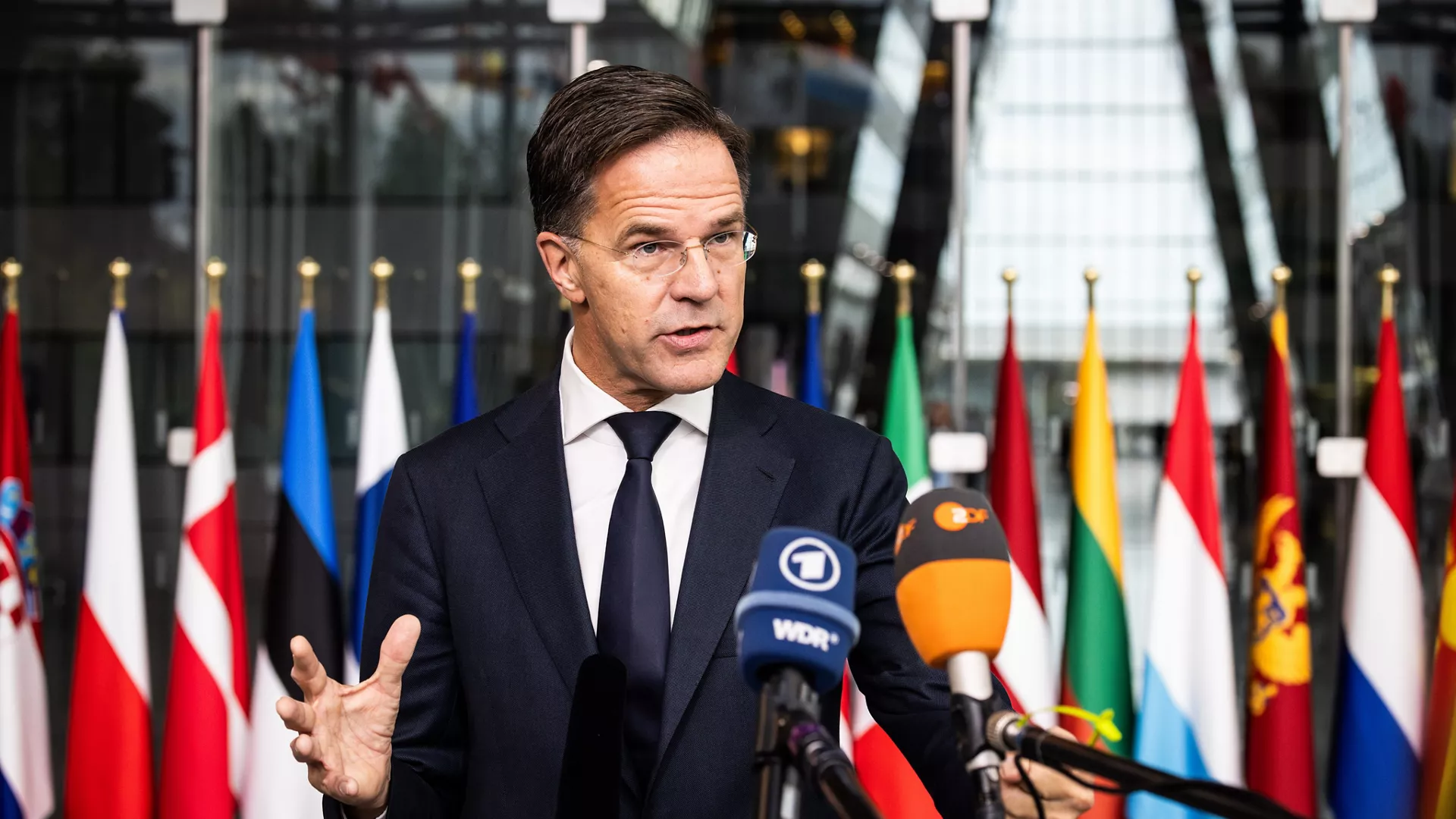
The European Union, often hailed as the pinnacle of multilateralism, solidarity, and peace in modern history, faces a pivotal moment that may define its future. Yet, as global crises mount, one cannot help but wonder if the EU is being led by an administration that mirrors the tragic naivety of Neville Chamberlain's pre-World War II appeasement policies. With Ursula von der Leyen at the helm, and figures like Viktor Orbán and Giorgia Meloni shaping its narrative, the EU risks becoming a contemporary echo of interwar Europe, with Denmark cast ominously as a latter-day Czechoslovakia.
Ursula von der Leyen, the European Commission’s President, came into office with promises of a "geopolitical Commission," aiming to make the EU a stronger player on the world stage. Yet, her tenure has been riddled with accusations of incompetence, questionable decision-making, and a failure to address corruption allegations with sufficient transparency. The procurement of vaccines during the COVID-19 pandemic and her handling of contracts have been cited as key missteps, raising doubts about her capacity to lead in times of crisis.
Her leadership style has been criticized as top-down and unresponsive to the needs of member states, fostering discontent within the Union. While von der Leyen projects an image of unity, the cracks are visible to anyone paying attention. A Union plagued by internal division and a lack of coherent strategy risks descending into irrelevance, much like the dithering democracies of Europe in the 1930s.
The presence of Viktor Orbán, Hungary’s strongman leader, and Giorgia Meloni, Italy’s far-right prime minister, in prominent EU discussions compounds the problem. Orbán’s autocratic tendencies and disdain for EU norms have been well-documented. His government’s erosion of press freedoms, judicial independence, and democratic checks and balances should have been grounds for decisive EU action. Instead, Brussels has often turned a blind eye, preferring half-hearted compromises over confrontation.
Meloni’s ascent in Italy has similarly raised alarm bells. Though she has attempted to rebrand herself as a pragmatic leader, her party’s roots in neo-fascism remain a stark reminder of Europe’s darkest chapters. Her policies on immigration, LGBTQ+ rights, and the rule of law clash with the EU’s purported values, yet the Union’s response has been tepid at best.
Both leaders represent a broader populist trend that threatens to unravel the EU from within. Their rhetoric, steeped in nationalism and Euroscepticism, undermines the collective spirit that the EU was built upon. Worse, their influence on EU policy could render the bloc impotent in the face of external threats.
Denmark’s position within this troubled Union bears eerie similarities to Czechoslovakia’s plight in 1938. A small, strategically important nation, Denmark finds itself vulnerable to geopolitical pressures, particularly as Europe grapples with Russia’s aggression, China’s economic reach, and internal EU fragmentation.
Czechoslovakia, despite its alliances and efforts to maintain sovereignty, was sacrificed at the Munich Agreement altar. Chamberlain and Daladier’s appeasement policy not only failed to prevent war but emboldened Adolf Hitler. Today, Denmark faces a different but no less existential threat. As the EU struggles to respond cohesively to crises, from Ukraine to climate change, Denmark’s security and sovereignty hang in the balance.
If the EU continues to prioritize short-term political convenience over principled leadership, it risks becoming complicit in its own undoing. The Union’s dithering response to Orbán’s authoritarianism, its inability to confront corruption allegations effectively, and its failure to present a united front on key issues mirror the appeasement mindset of the 1930s.
To avoid repeating history, the EU must undergo a radical transformation in its approach to leadership. First and foremost, it requires leaders who are not afraid to take bold, decisive actions—even if they come at a political cost. Ursula von der Leyen’s administration must demonstrate that it is capable of enforcing the Union’s core principles, from democracy to human rights, without bending to populist pressures.
Second, the EU needs to rethink its tolerance of member states that blatantly flout its values. Sanctions against Hungary and Poland for their democratic backsliding have been insufficient and inconsistently applied. A Union that tolerates internal decay cannot hope to stand strong against external threats.
Finally, the EU must recommit to its role as a global leader. The challenges of the 21st century, from climate change to cybersecurity, demand a Union that is not only united but visionary. This means investing in its institutions, strengthening its alliances, and standing firm against authoritarian regimes—both within and beyond its borders.
The lessons of the 1930s are clear. Appeasement, whether of external aggressors or internal saboteurs, leads only to greater suffering. The EU’s leaders, with Ursula von der Leyen at the forefront, must decide whether they will rise to the occasion or be remembered as the architects of the Union’s decline.
Europe’s future depends on their choices. Let us hope they choose wisely before it’s too late.

No comments:
Post a Comment